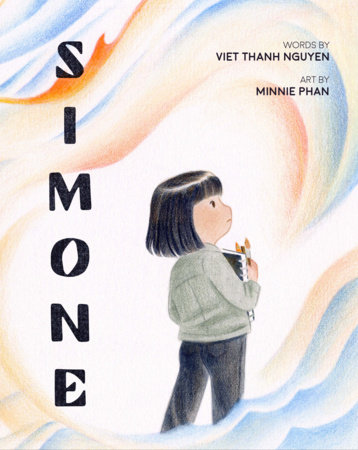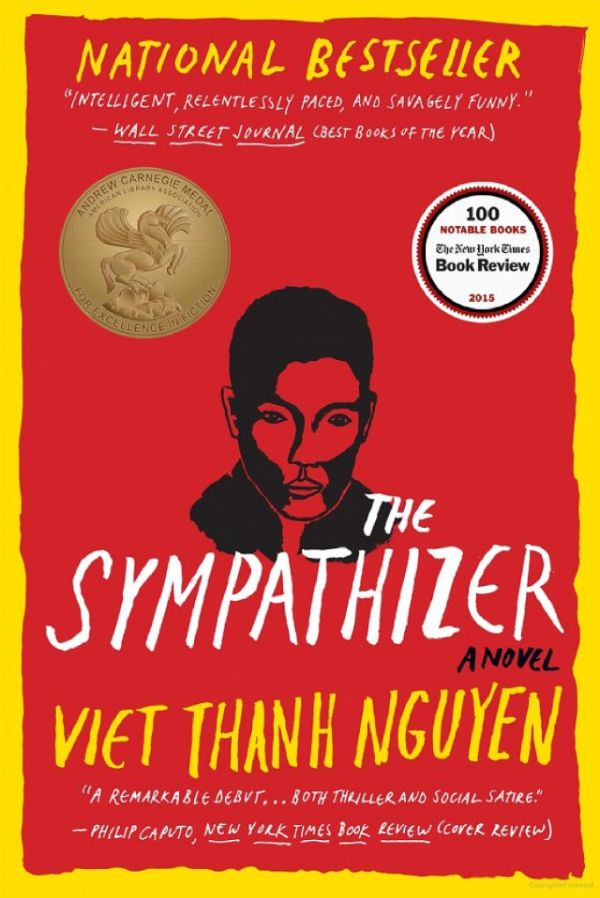Viet Thanh Nguyen
Biography
Viet Thanh Nguyen’s novel The Sympathizer is a New York Times best seller and won the Pulitzer Prize for Fiction. Other honors include the Dayton Literary Peace Prize, the Edgar Award for Best First Novel from the Mystery Writers of America, the Andrew Carnegie Medal for Excellence in Fiction from the American Library Association, the First Novel Prize from the Center for Fiction, a Gold Medal in First Fiction from the California Book Awards, and the Asian/Pacific American Literature Award from the Asian/Pacific American Librarian Association. His other books are Nothing Ever Dies: Vietnam and the Memory of War (a finalist for the National Book Award in nonfiction and the National Book Critics Circle Award in General Nonfiction) and Race and Resistance: Literature and Politics in Asian America. He is a University Professor, the Aerol Arnold Chair of English, and a Professor of English, American Studies and Ethnicity, and Comparative Literature at the University of Southern California.
Books

From Pulitzer Prize-winning author Viet Thanh Nguyen and illustrator Minnie Phan comes an unforgettable story of a Vietnamese American girl whose life is transformed by a wildfire.
When Simone is awakened by her mom as a wildfire threatens their home, it is the beginning of a life-changing journey. On their way to take shelter in a high school gym, the family passes firefighters from a prison unit battling the fire. Simone’s mom tells her that when she was a girl in Viet Nam, she was forced to evacuate her home after a flood. Joined by other children sheltering in the gym, Simone, a budding artist, encourages everyone to draw as a way to process their situation. After a few days, Simone and her mom are able to return to their home, which is fortunately still standing, and her outlook has changed. As Simone begins creating a piece of art with one of her new friends, she realizes that even though they are young, they can dream and work together for a more sustainable future. With a poetic, haunting family story by esteemed author Viet Thanh Nguyen and gorgeous art from illustrator Minnie Phan, this powerful tale introduces an unforgettable young heroine who awakens to a new role fighting for her community and for the future of the planet.

The Sympathizer by Viet Thanh Nguyen follows a half-French, half-Vietnamese man serving as a spy for the Communist forces in the final days of the Vietnam War. The novel is framed as a confession written by the narrator to a mysterious commandant, by whom he is being held prisoner. The narrator is forced to abandon Vietnam during the fall of Saigon in order to maintain his cover and to continue spying on the general whom he had been working under for the duration of the war. During his time in America, the narrator becomes a consultant on a Hollywood film about the war, continues spying on the General, and must make increasingly difficult decisions to maintain his cover and navigate his divided loyalties.
